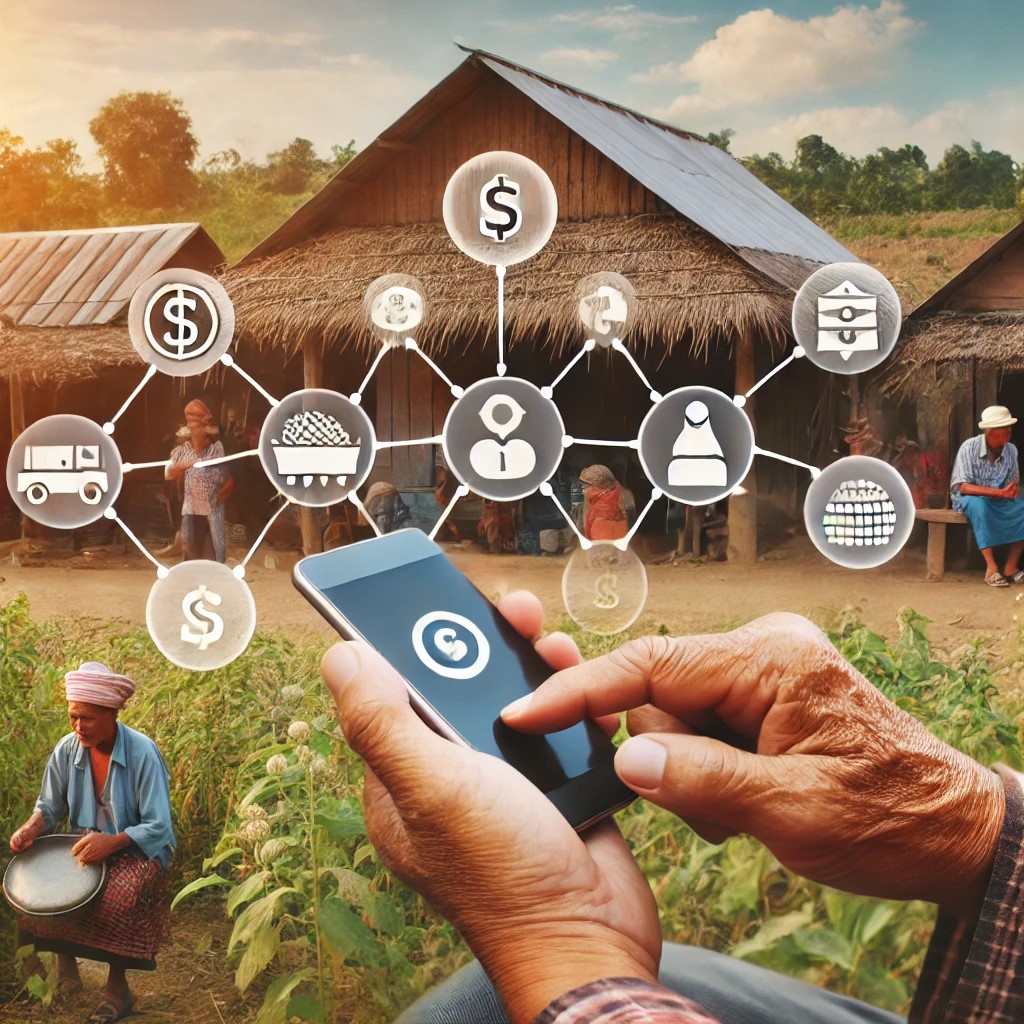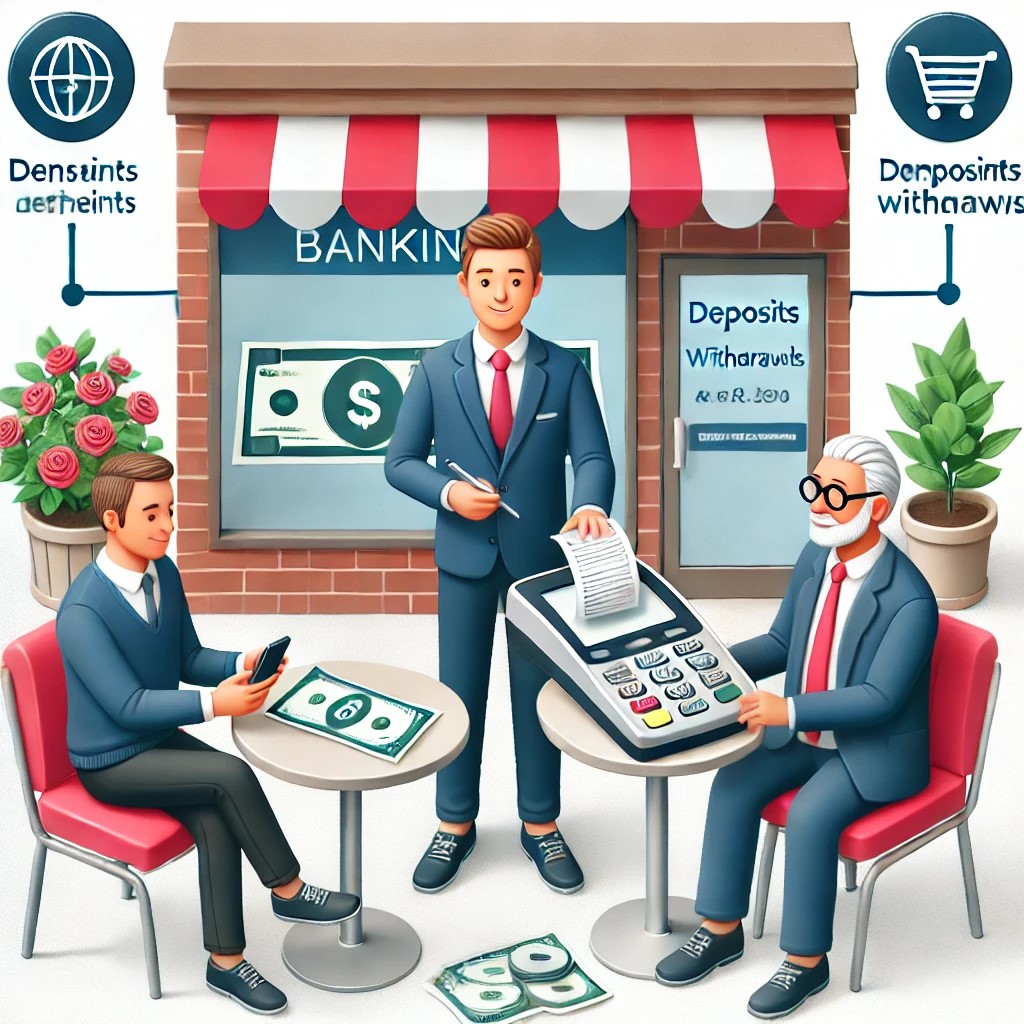The Future of Financial Services for the Unbanked
Financial inclusion remains a significant challenge, with approximately 1.7 billion people worldwide lacking access to basic financial services. The unbanked population, often concentrated in developing regions, faces barriers such as lack of identification, poor financial infrastructure, and high costs of traditional banking. However, technological advancements and innovative financial solutions are transforming the landscape, offering new opportunities for financial inclusion. This article explores current trends and future predictions for financial services targeting the unbanked, highlighting how these developments can create a more inclusive financial ecosystem.

Current Trends
Mobile Banking and Fintech Solutions: Mobile banking has emerged as a powerful tool for reaching the unbanked. Platforms like M-Pesa in Kenya and GCash in the Philippines allow users to perform financial transactions using their mobile phones. These services provide an accessible and affordable alternative to traditional banking, enabling users to save, transfer money, pay bills, and even access credit.
Agent Banking Networks: Agent banking involves partnering with local businesses and individuals to offer banking services in underserved areas. These agents act as intermediaries, providing services such as cash deposits, withdrawals, and transfers. This model extends the reach of financial institutions to remote and rural areas where setting up physical branches would be cost-prohibitive.
Digital Identification: One of the main barriers to financial inclusion is the lack of formal identification. Digital ID systems, such as India’s Aadhaar, provide a scalable solution to this problem. These systems enable individuals to prove their identity electronically, facilitating access to financial services. Digital IDs also enhance the security and efficiency of transactions.

Future Predictions
Expansion of Mobile Money Services: The future will see a continued expansion of mobile money services, driven by increased smartphone penetration and internet access. Enhanced features such as savings accounts, microloans, and investment options will be integrated into mobile platforms, providing comprehensive financial services to the unbanked.
Integration of AI and Big Data: Artificial intelligence (AI) and big data analytics will play a crucial role in extending financial services to the unbanked. AI-driven credit scoring models can assess the creditworthiness of individuals with limited financial history, enabling access to credit. Big data analytics will help financial institutions understand customer needs and tailor services accordingly.

Public-Private Partnerships: Collaboration between governments, financial institutions, and technology companies will be essential in driving financial inclusion. Public-private partnerships can leverage the strengths of each sector to develop and scale innovative financial solutions. Government support through favorable policies and regulatory frameworks will be crucial for the success of these initiatives.
Conclusion
The future of financial services for the unbanked is promising, driven by technological advancements and innovative solutions. Mobile banking, agent networks, digital identification, and blockchain technology are transforming the financial landscape, making it more inclusive and accessible. As these trends continue to evolve, the unbanked population will have greater opportunities to participate in the formal financial system, improving their economic well-being and contributing to global economic growth. By fostering collaboration and supporting regulatory innovations, stakeholders can create a more inclusive financial ecosystem that benefits everyone.
(Writer:Ganny)





